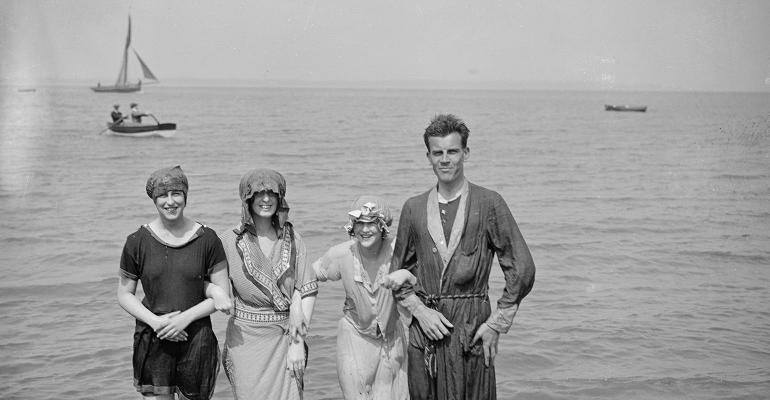Have the reasons changed significantly over the last 90 years?
Editor's Note: Firefox users may have trouble opening this gallery. Please use another browser (Safari, Google Chrome, etc.) to view all of the slides.
A 2015 survey found that 64 percent of Americans don’t have a will. In a blast from the past, we took a look back at a July 1927 article published by Trusts & Estates, to compare the rationale then and now as to why so many individuals defer the drafting of their wills and explain why our generation’s reasoning is flawed.
In 1927, the top reasons were:
- A superstitious fear that making a will inevitably ushers in death faster.
- Mental laziness—putting off the process of working out the details of distribution and apportionment with a fair regard to what’s equitable and just.
- A sense of inadequacy to plan for the future.
- The expectation that a little later, the mind will be “better made up.”
- The dread of expense in paying for competent legal advice.
- Sheer hesitation and procrastination.
Here are the most common reasons today and why clients should consider otherwise:
0 comments
Hide comments





